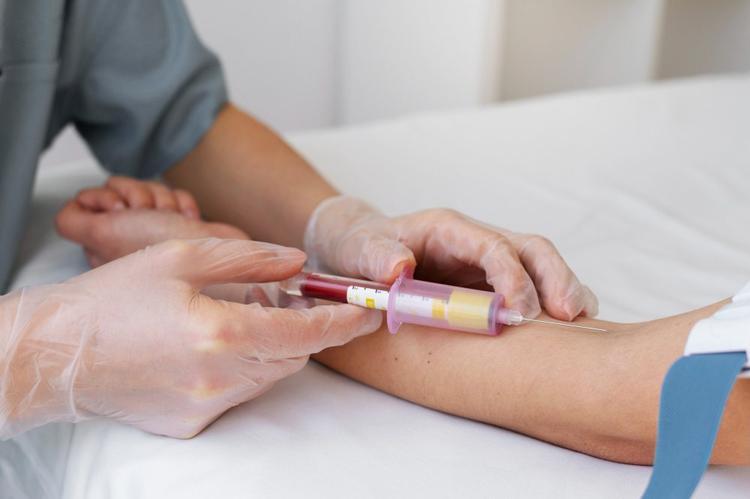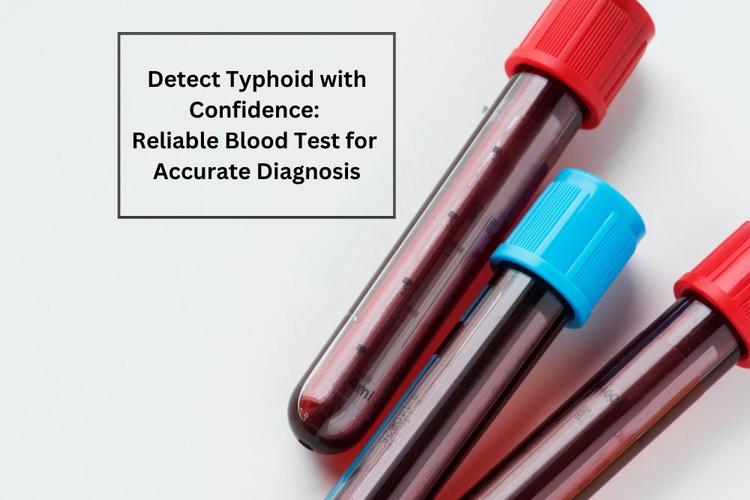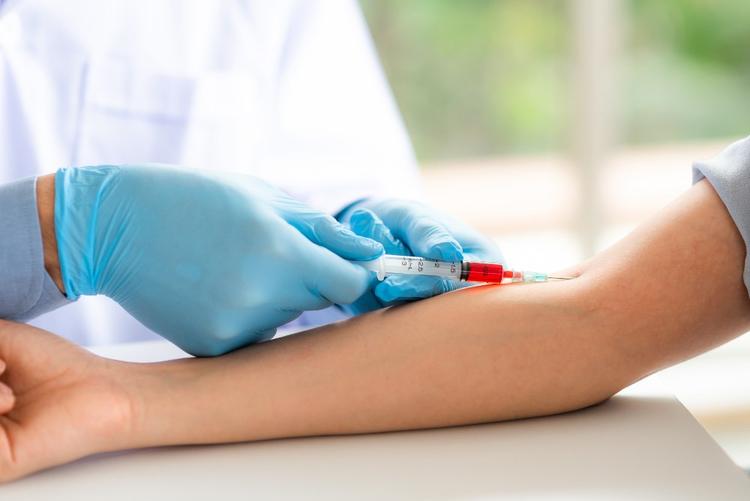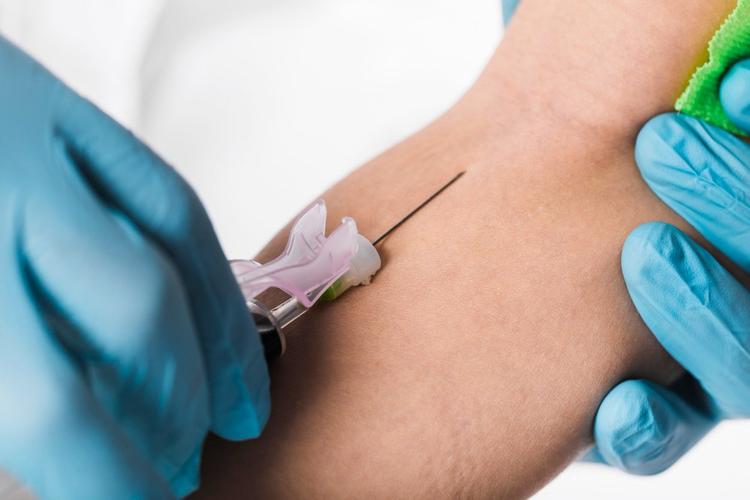Dengue Fever: What to Do? When To Worry?

Medically Reviewed By
Dr. Ragiinii Sharma
Written By Prekshi Garg
on Sep 21, 2022
Last Edit Made By Prekshi Garg
on Mar 17, 2024
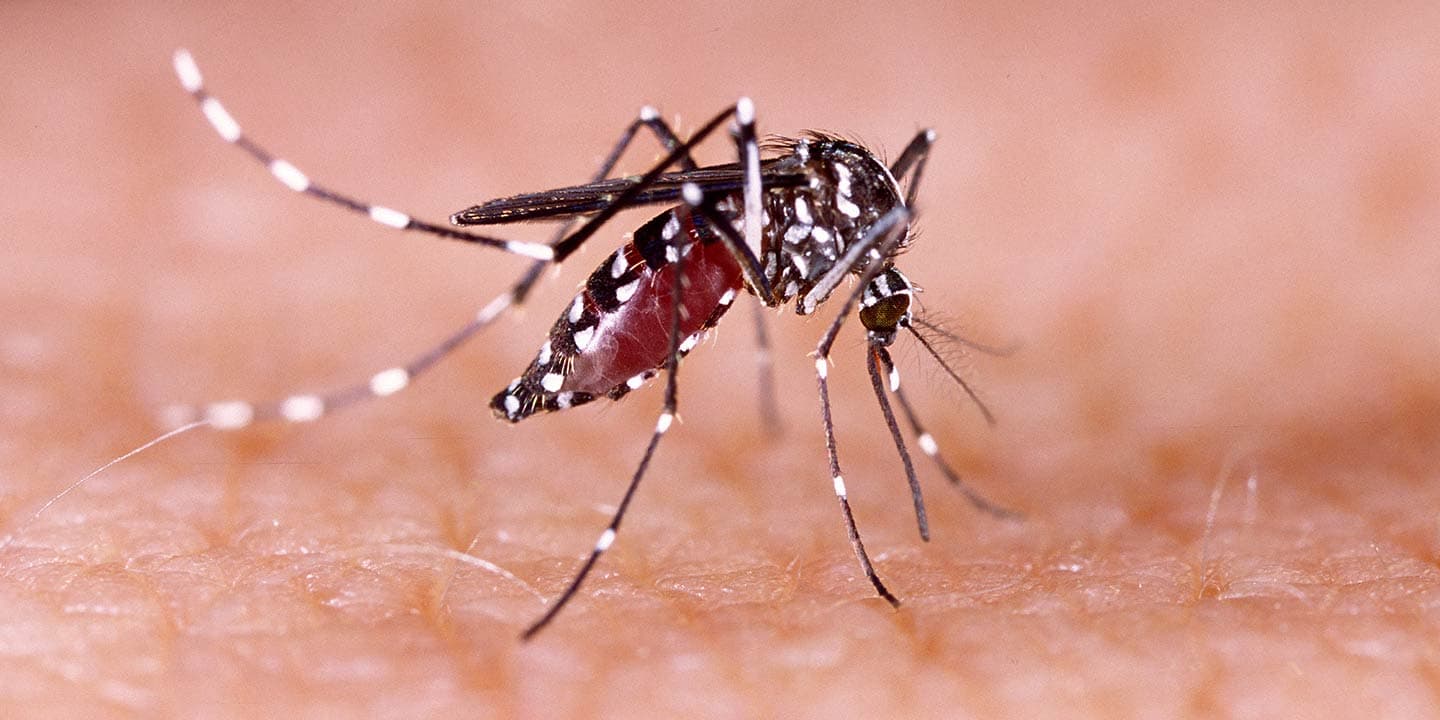
Monsoons bring a myriad of factors causing infections with it, some good and some bad. While the planet needs comfort and relief from the downpour, we can’t deny that torrential rain also brings with it a variety of water-borne diseases.
With water logging on the side of the roads and potholes creating smaller pools of water, these become an ideal breeding ground for the mosquitoes, which lead to the rise of diseases like dengue. This mosquito-borne illness directly affects the body’s platelet count and often manifests as flu-like symptoms in the patient.
If left undiagnosed or untreated, dengue fever can be life-threatening for certain patients. With the lingering monsoon season around the corner, what we’d recommend you to do is to educate yourself about the implications of dengue fever and ways you can prevent it.
What is Dengue Fever?
Dengue fever is a viral infection that spreads through the bite of an infected mosquito, carrying one of the four types of the dengue virus. The disease is very common in parts of Central and South America, Africa, parts of Asia, and the Pacific Islands, areas with tropical and sub-tropical climate conditions.
Dengue can often manifest as varying symptoms ranging from mild flu-like symptoms or as severe fever, which is known as dengue hemorrhagic fever. The latter is often considered fatal since it contributes to sudden blood pressure drop, bleeding, etc.
Millions of cases of dengue fever are reported every year. Also, patients who have once contracted the disease have the risk of experiencing more severe symptoms if they contract it the second time.
Contrary to popular belief, dengue isn’t a directly communicable disease. So, being in close proximity to an infected person doesn’t elevate your risk of contracting the disease. In reality only an infected mosquito with the dengue virus can cause an infection when it bites a person and injects the virus in their bloodstream.
However, there is a possibility that a pregnant mother who is infected with the dengue virus might transmit it to the baby developing inside their womb. It does not always happen, but there are chances of it happening.
Since the dengue virus can be caused by one of the four types of dengue virus, there is a high chance of recurrence. Even if your body develops an immune response against one of the viruses, you are still at risk of getting infected by one of the remaining three types.
What are the Symptoms of Dengue Fever?
Dengue symptoms range from mild to severe. Some patients don’t experience the worst end of the stick and recover after experiencing just the mild flu-like symptoms.
However, there are some cases where the patients even experience drastic and severe symptoms, some of which even turn fatal despite proper medical interventions. This more commonly the case when the infection happens after previous history of infection. The good thing about the dengue fever is that around 75% of the patients don’t experience any symptoms and recover without any additional aid.
For better understanding, we will break down the symptoms into two categories – Mild and Severe.
| Types of Dengue Fever Symptoms | |
| Mild | -Fever (104 degrees Fahrenheit)-Aching muscles and joints-Rashes-Nausea-Vomiting-Pain behind the eyes-Facial flushing-Sore throat-Headache-Redness in the eyes |
| Severe | -Abdominal pain and tenderness-Vomitting (severe and recurring)-Bleeding from the nose-Vomitting blood-Blood in the stool-Feeling restless-Fatigue-Sudden changes in the body temperature-Cold, clammy skin-Weak and rapid pulse-Changes to the blood pressure levels |
While the patients experiencing mild symptoms often recover within 2-7 days after contracting the infection, the patients experiencing severe symptoms need immediate hospitalization. Lack of hospitalization might result in fatality in some cases.
If you are suspecting that you might have dengue, the first step is to reach out to a healthcare provider and get a dengue test. A quicker diagnosis ensures timely treatment, which can avoid risks of fatal consequences.
Some of the warning signs that demand immediate hospitalization include severe stomach pain, nausea, vomiting, or bleeding from the nose and gums.
What are the Causes of Dengue Fever?
Dengue is a viral infection, which is caused by one of the four dengue viruses and is transmitted via the bites of an infected Aedes mosquito. It is a cascade of reactions.
Once the infected mosquito bites you, the virus is transmitted into the bloodstream, where it rapidly multiplies and makes copies of itself. With rapid division, the virus directly affects different components in the blood, especially ones that are responsible for clotting the blood.
This rapid disintegration also affects the structure of the blood vessels in the body. Lack of proper immune response and treatment can lead to uncontrolled internal bleeding, which results in an eventual fatality.
A person can contract dengue fever multiple times in their lifetime, despite having an immune response against the virus.
How is Dengue Fever Diagnosed?
Diagnosing dengue fever symptoms can be done via two methods – a virological test or a serological test.
- The virological test directly looks for the presence of the dengue virus in the blood
- The serological test assesses the presence of potent antibodies against the dengue virus in the blood
When you consult your healthcare provider with the symptoms, the first thing they’d do is take note of all the symptoms you are experiencing. Following that, they might discuss recent travel history, and then prescribe relevant tests to check what’s wrong.
If it’s the monsoon season, your doctor will directly prescribe tests for the most mosquito-borne infections, including the dengue fever test.
How is Dengue Fever Treated?
Unfortunately, there are no treatments to eliminate or attack the virus causing dengue fever. Dengue fever treatment basically relies on symptom management.
This means that your doctor will aid you in relieving the accessory symptoms like fever, pain, nausea, discomfort, etc. with over-the-counter or prescribed medications.
If you are experiencing severe symptoms of dengue, including internal bleeding, your doctor will advise avoiding medications like aspirin and ibuprofen since these worsen the bleeding.
Besides these, proper hydration is also crucial to keep dengue fever in check. Your doctor will closely monitor your symptoms and vitals to ensure that you are recovering and not getting worse each day.
Is there any way to Prevent Dengue Fever?
Dengue mosquito population increases during the monsoon season. So, if you live in countries where the prevalence of this condition is high, the first thing we’d recommend you do is to take a look at your surroundings.
Do you have any areas in your home with pooling water where the mosquitoes can breed and multiply? If yes, your first step is to eliminate these water sources.
Besides that, implement protective measures against potential mosquito bites. You can do so by:
- Mosquito-proofing your home by installing mosquito nets on the windows and doors
- Wear long-sleeve clothes to prevent getting bitten by mosquitoes when you are outdoors
- Use mosquito repellents both inside and outside your home
- If you have gaps and holes in your house, find ways to fill them in
- If you have flower pots, bird baths, pet feeders filled with water, get rid of them immediately
- You can also spray the perimeter of your house with mosquito repellent sprays or get professional pest control to do it for you.
Is there any Dengue Vaccine Available?
Dengvaxia™ is a new FDA-approved vaccine that’s available in certain countries and individuals have to take three doses of the vaccine, 6 months apart.
The vaccine is only available to people who have had dengue before and are at risk of developing severe symptoms if they contract the virus again. The vaccine reduces the chances of contracting dengue hemorrhagic fever the next time one contracts the infection.
Whether or not the vaccine is available in your country is something you’d have to ask your healthcare provider. Very few countries have access to this vaccine, so it's better to get a confirmation before you get excited about getting the vaccine.
How to Manage Dengue Fever Symptoms?
If you want to eliminate the complications of dengue fever, there are certain management tips you need to keep in mind.
Ideally, your first step is to take note of the symptoms and get a confirmed diagnosis. Once you get the diagnosis, the management depends on the severity of the symptoms.
If the symptoms are mild and manageable, your doctor will prescribe over-the-counter medications for pain, fever, and discomfort. However, if the symptoms are severe, immediate hospitalization is advised.
In case you are experiencing sudden flu-like symptoms that potentially point towards a risk of dengue, we’d suggest that you get immediate testing done. An earlier diagnosis manages the symptoms better and prevents further deterioration of the condition down the road. Redcliff lab’s Monsoon care package has got your back with all the relevant testing to ensure optimal health.
Some of the tips to that reduce the dengue recovery time are:
1. Get rest
Dengue fever is extremely taxing on the body. It leads to pain in the muscle and joints and the body experiences a lot of fatigue and exertion as it tries to fight back the infection.
You are bound to feel weak and disoriented the first few days after contracting the virus. Hence, it's important that you get all the rest you need to recover from the condition. Getting enough sleep through the night is advisable as well.
2. Take the prescribed medications
While medicines like aspirin and ibuprofen are completely prohibited, your doctor will prescribe medications like acetaminophen or paracetamol to manage the fever and the pain and discomfort that one experiences while battling dengue fever.
The medications are prescribed to help you overcome the fever and the discomfort, so don’t skip out on taking them.
3. Focus on hydration
The body needs optimal hydration and fluids when it is battling disease as severe as dengue. Not just fluids, the body also needs optimal electrolyte balance during this period, so drink electrolyte-based drinks, coconut water, etc.
These will support and boost the body’s immunity to fight against the virus and not succumb to the symptoms.
4. Don’t hesitate to hospitalize (if needed)
There are situations where the dengue fever starts off as mild but later turns into severe symptoms. This is a sign that the dengue fever is progressing and taking a turn for the worse. What we’d recommend you do is immediately contact your healthcare provider.
If the symptoms keep getting worse, it is better to hospitalize the patient instead of taking the symptoms for granted. Proper treatment can prevent the risks of fatalities down the road.
FAQs
What can I expect if I have dengue fever?
Most dengue fever symptoms start off as mild. Some patients don’t even experience any symptoms and recover in no time at all. However, following a diagnosis, your doctor will advise you to closely monitor the symptoms to ensure the symptoms don’t reach a point of hospitalization.
How long does dengue fever last?
The initial symptoms of dengue fever typically last between 3-7 days. However, severe cases might witness a delayed recovery that can take weeks for the patient to recuperate and get better.
Can you survive dengue fever?
Dengue fever isn’t life-threatening in 75% of the diagnosed cases. However, in a few patients with severe symptoms and lack of proper treatment, there are risks of the patient succumbing to death.
Conclusion
Dengue is a very common disease that affects over 400 million people globally each year. With the rising risks associated with the infection, focusing on the prevention of dengue is your first step towards optimizing your health and well-being.
